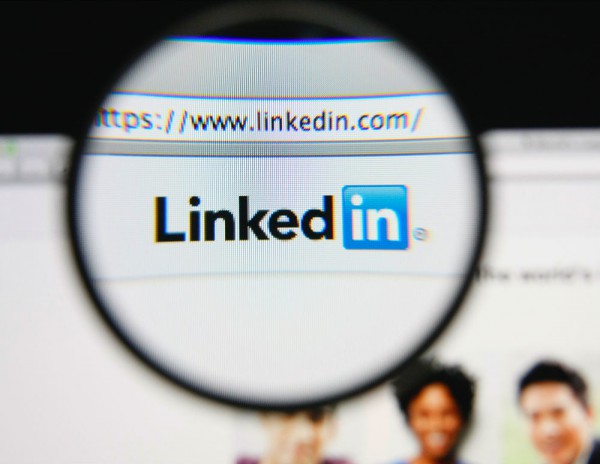LinkedIn to face lawsuit for spamming users' email address books

A judge in the Northern District of California has paved the way for a lawsuit against the social network LinkedIn for violating the privacy of its users. The complaint was that LinkedIn "violated several state and federal laws by harvesting email addresses from the contact lists of email accounts associated with Plaintiffs’ LinkedIn accounts and by sending repeated invitations to join LinkedIn to the harvested email addresses". It relates to the fact that LinkedIn not only used the address books of those signing up for accounts to tout for business by sending out an email to that effect, but also sent follow-up email if there was no response.
US district judge Lucy Koh ruled that while users granted permission for LinkedIn to access their contact list it is this 'spamming' that is likely to land the company in court again. The judge outlined the process users were complaining about, explaining that LinkedIn sent an email to connected in users' address books -- albeit with initial permission -- sends the same email a week later if the recipient has not joined LinkedIn, and a third email if another week passes without a signup.
Further complaints stemmed from the fact that "the only way a LinkedIn user can stop the two follow-up endorsement emails (assuming the user found out about the initial emails in the first place) from going out to the email addresses harvested from that user’s external email account is for the user to individually open up each invitation from within his or her LinkedIn account (which LinkedIn has intentionally made difficult to find within the user’s account) and click a button that allows the user to withdraw that single invitation". This means it could take several hours to individually cancel hundreds, or even thousands, of emails that were scheduled to be sent out.
The complainants pointed out that LinkedIn's Help Center pages are filled with complaints from other users about the emails. Some users said that "LinkedIn knew about flaws in its process but nevertheless took no action". One of the plaintiff's main causes for concern is that their contacts would regard the emails sent out by LinkedIn as being indicative that they endorsed LinkedIn, as well as being seen as being so enamored with the network as to spam on its behalf. This 'spamming' is seen as having the potential to damage the reputation of the user the emails were sent on the behalf of -- it could "injure users' reputations by allowing contacts to think that the users are the types of people who spam their contacts or are unable to take the hint that their contacts do not want to join their LinkedIn network".
The judge also pointed out that some of the wording used during the signup process was misleading. "By stating a mere three screens before the disclosure regarding the first invitation that 'We will not... email anyone without your permission,' LinkedIn may have actively led users astray". Koh also suggests that LinkedIn has violated California law by associating users' names and images advertising for further business.
No date has yet been set for further court hearings.
Image Credit: Gil C / Shutterstock
